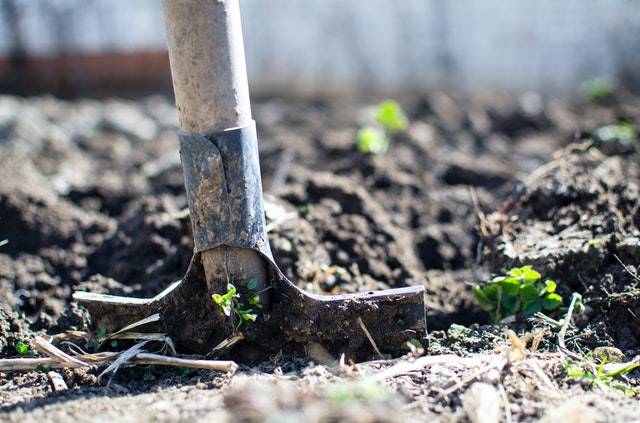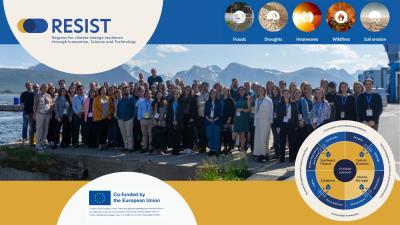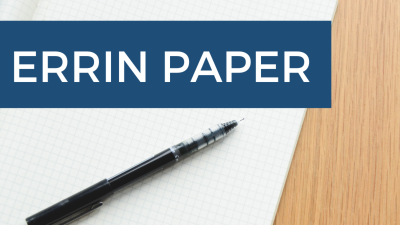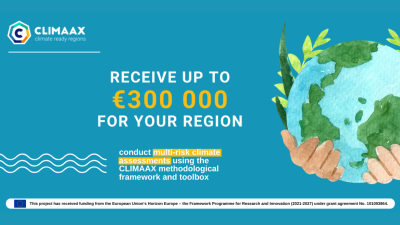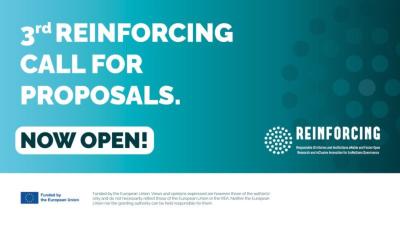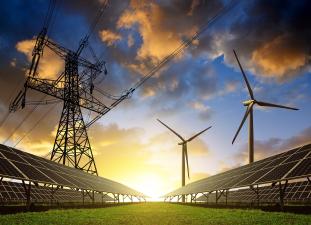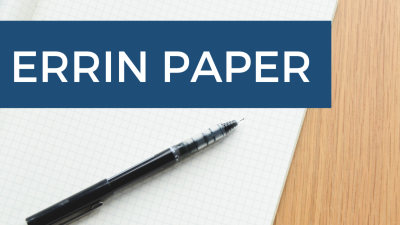Missions for EU research and innovation
The mission-oriented research and innovation policy adopted in Horizon Europe is a welcomed approach to address challenges faced by people in their daily lives. From a research and innovation perspective it is also an opportunity to reduce policy fragmentation, interdisciplinarity and cross-sectoral collaboration, and strengthen public engagement through the involvement of regional and local innovation ecosystems. As such, the missions bottom-up nature, flexibility, and the clear involvement of citizens going hand in hand with the excellence is a welcome addition to Horizon Europe.
From the first discussions and the Mazzucato report to the selection of the five mission areas and the publication of the interim reports in the summer of 2020, ERRIN has been actively involved in bringing in the regional and local perspective, and exploring what opportunities the missions could provide for regions and cities. In October 2020 ERRIN submitted its input paper on the Horizon Europe missions. Below you will find more information about our work on the different missions.
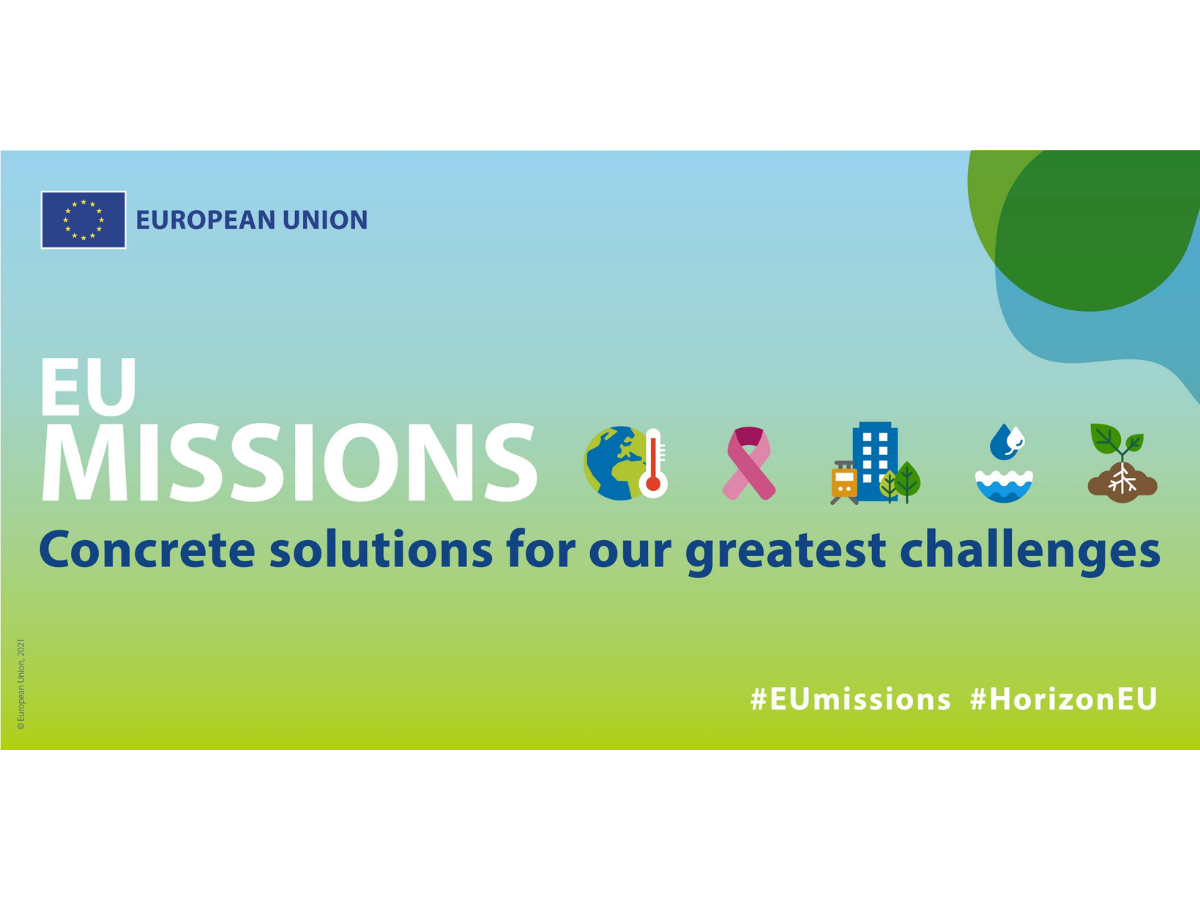
ERRIN's messages on Horizon Europe Missions Work Programmes 2023-2024
May 2022
ERRIN's work on the Horizon Europe missions
Read more about our work related to the five mission areas.
Climate-Neutral and Smart Cities
The EU Mission on 100 Climate-Neutral and Smart Cities by 2030 will support 112 European cities in their systemic transformation towards climate neutrality by 2030. The mission aims to create a bottom-up approach towards achieving climate neutrality supported by a Climate City Contract, which requires the participation of the entire local ecosystem and support from all governance levels.
ERRIN has actively contributed to shaping and implementing the Mission on 100 Climate-Neutral and Smart Cities by 2030 through the development of several input papers and organisation of events and discussions with the European Commission. The latest input was a letter on cities' concerns (November 2021) focusing on the selection criteria and evaluation process for the Expression of Interest, the Climate City Contract and the Mission Label.
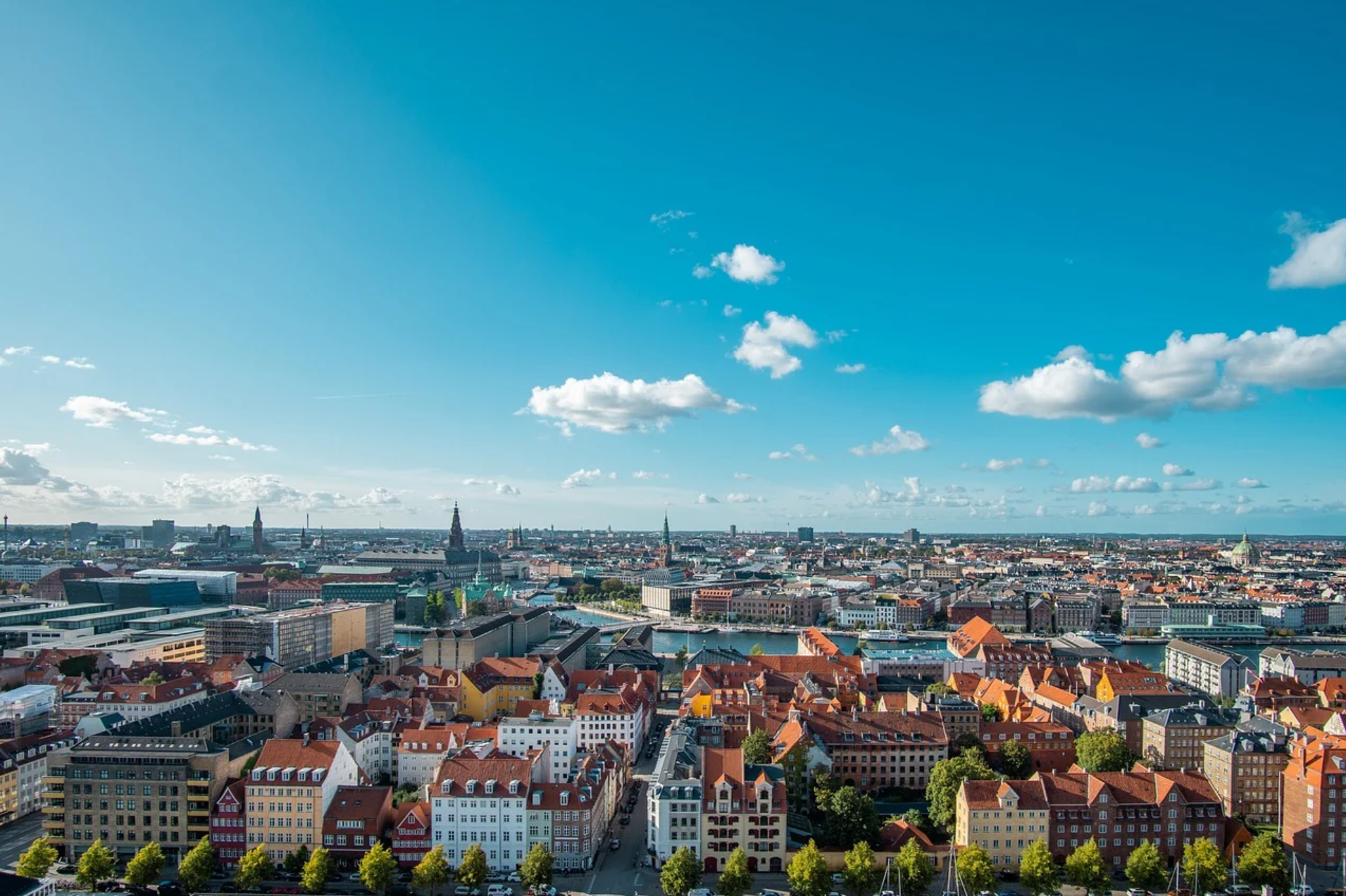
Adaptation to climate change
The Mission on Adaptation to Climate Change will support EU regions, cities and local authorities in their efforts to build resilience against the impacts of climate change. The vision is to turn the urgent challenge of adapting to climate change into an opportunity to make Europe more resilient, climate prepared and fair. The objective is to support at least 150 European regions and communities to become climate resilient by 2030 and enable large-scale transformations of 75 demonstrators.
ERRIN has followed the Mission closely and contributed to its shaping and implementation through the development of input papers, organisation of events and discussions with the Mission Secretariat. ERRIN became a Friend of the Mission in 2022, alongside 130 of its member cities and regions, and provided input on the Mission Charter.

Cancer
The Mission on Cancer aims to improve the lives of more than 3 million people through prevention and cure, as well as support individuals and their families affected by cancer to have longer and better lives by supporting the EU's Beating Cancer Plan. The Mission will oversee the creation of the EU Platform UNCAN.eu, the European Cancer Patient Digital Centre and a network of Comprehensive Cancer Infrastructures.
In 2020, ERRIN developed and released a joint statement with EUREGHA calling for the regional dimension of the Mission to be clearly defined and included in its design and implementation. In 2021, the Health WG held meetings on the state of play of the Cancer Mission and cancer policy more widely, and continued to follow the implementation of the Mission in 2022 and 2023.
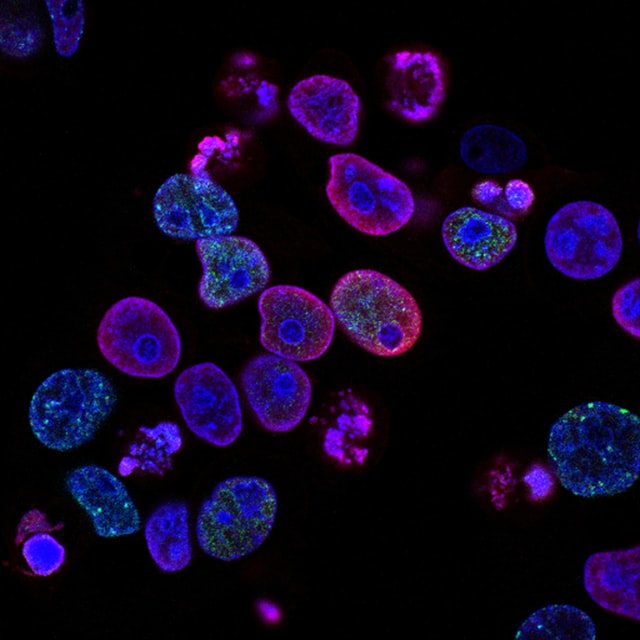
Restore our ocean and waters by 2030
Mission Restore our Ocean and Waters by 2030 aims to protect and restore the health of our ocean and waters through research and innovation, citizen engagement and blue investments. The Mission strives to reach these goals by deploying innovative solutions at basin scale, with each basin focusing on a particular area in the developing and piloting phase (2021-2025). Phase two (2026 - 2030) will focus on deployment and upscaling, with the replication of pilot activities. The scale-up actions would be carried out through annual calls for expressions of interest from 2025 onwards to macro-regions, regions and communities looking to become Mission scale-up sites.
ERRIN has closely followed the Mission since 2020, and organised in June 2021, together with the Mission Secretariat, an informal dialogue on the area-based lighthouses anticipated in the Mission, focussing on the lighthouses' activities, their scale and governance. The dialogue report includes ERRIN's key messages and outcomes relating to the scope, scale, governance and synergies of the lighthouses within the Missions. In 2022, ERRIN provided input on the Mission Charter, which was shared with the Mission Secretariat.
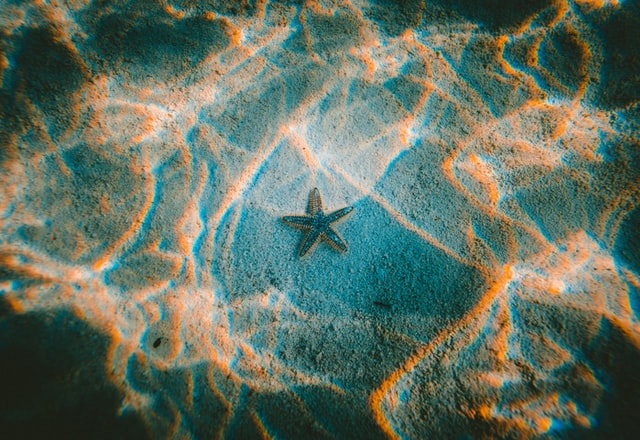
A Soil Deal for Europe
The Mission: A Soil Deal for Europe aims to establish 100 living labs and lighthouses to lead the transition towards healthy soils by 2030.
ERRIN has, through its Bioeconomy Working Group, followed the Mission since 2021 through the organisation of information sessions and dialogues with the Mission Secretariat. In February 2021, the Bioeconomy Working Group organised an information session on the Mission, which was followed up in November 2021 with a meeting to discuss the role of regions in the Mission. In March 2022, an information session was set up in which ERRIN members exchanged ongoing soil activities and projects in the regions.
